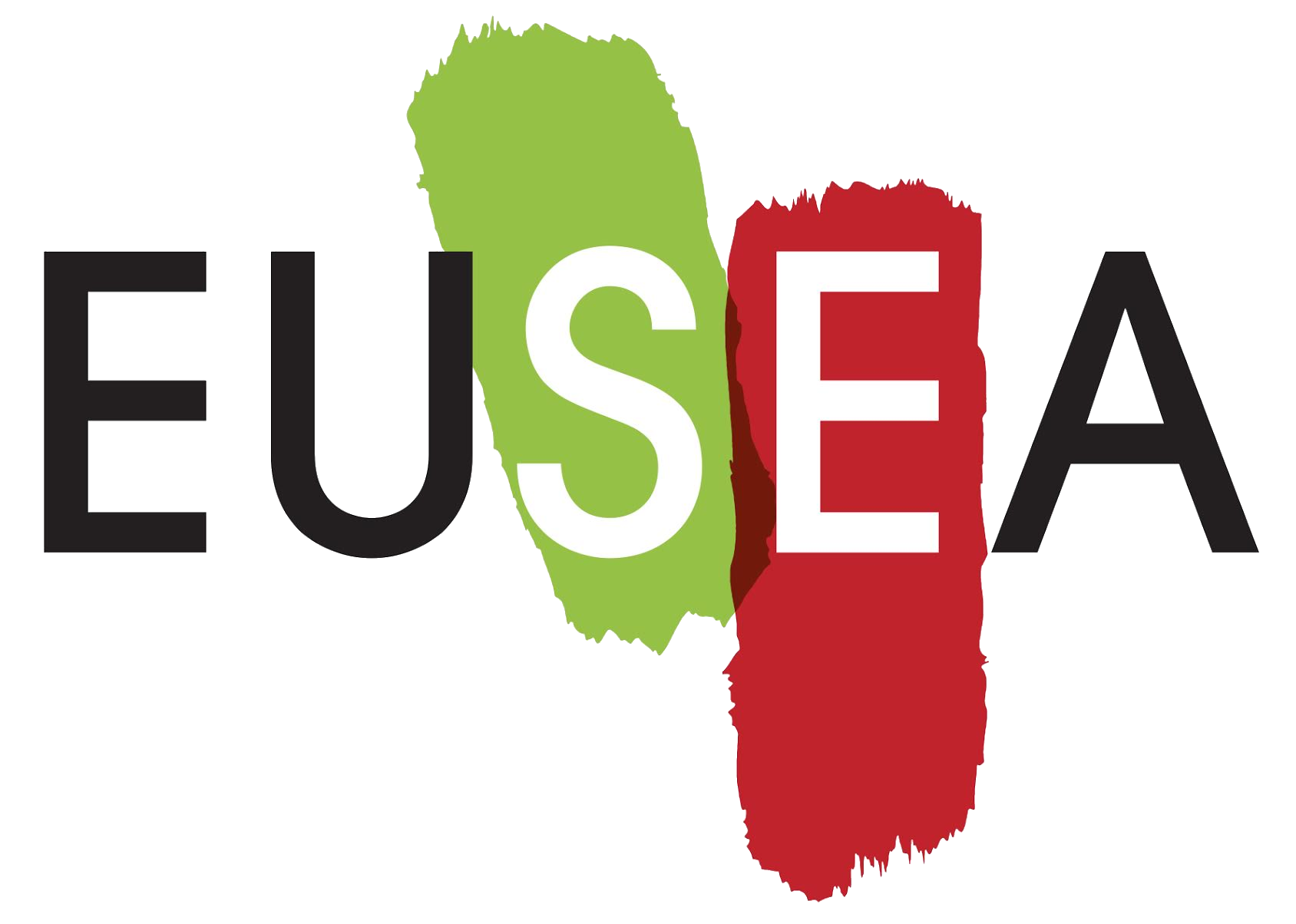Description
Science camps create an informal learning atmosphere and provide a new experience for teenage learners, where they are introduced to new concepts in a hands-on way that is rarely achieved within a classroom setting. Science camps are also an opportunity for social interactions between practising scientists and teenagers. Science camps are usually scheduled to run during school holidays, and in a new setting that participants have not experienced before, ideally in an exotic location, although this format can be done domestically. However, some travel should be involved so the camp does feel like a totally new experience for those taking part.
Target Audience
- Teenagers
You can do it with all those groups, but we did it with professionals from different fields like public engagement or the cultural and creative sector.
Benefits
Benefits
- Foster new relationships, within the group and between researchers and students.
- Scientific skills transfer (from scientists to teenagers).
- Improved scientific literacy.
- To inform participants about potential career choices within the STEM fields.
Preparations
- If a selection process is required, organisers can run an essay competition on a relevant scientific issue, or create a registration form that can be used to help assist in the selection processes. Judgment criteria should be decided upon before applications are submitted.
- Signed consent forms are required from the student’s gaurdians, and from any schools that are involved.
- Get in contact with research institutes and Universities, and collaborate with scientists and researchers. You should work in partnership with these organisations to develop activities and experiments that participants of the science camp can take part in.
- Check availability of venues, science laboratory, accommodation, transport etc
Institution
- Nozi Hambaze: National Research Foundation – South African Environmental Observation Network (NRF-SAEON)




